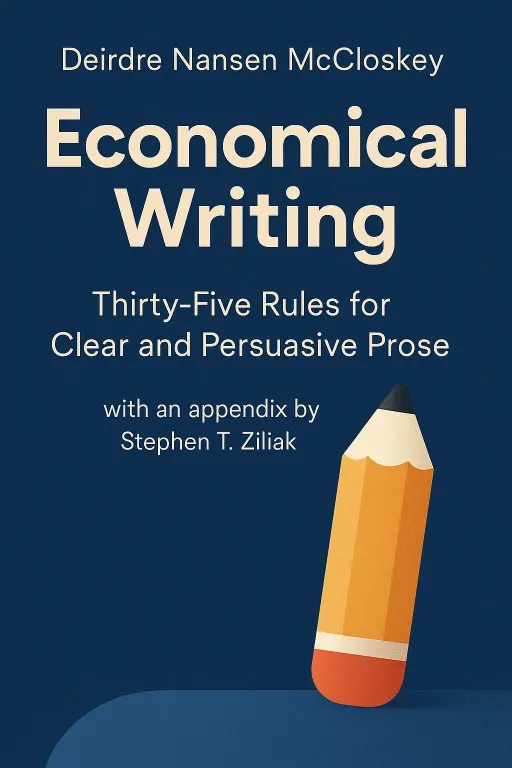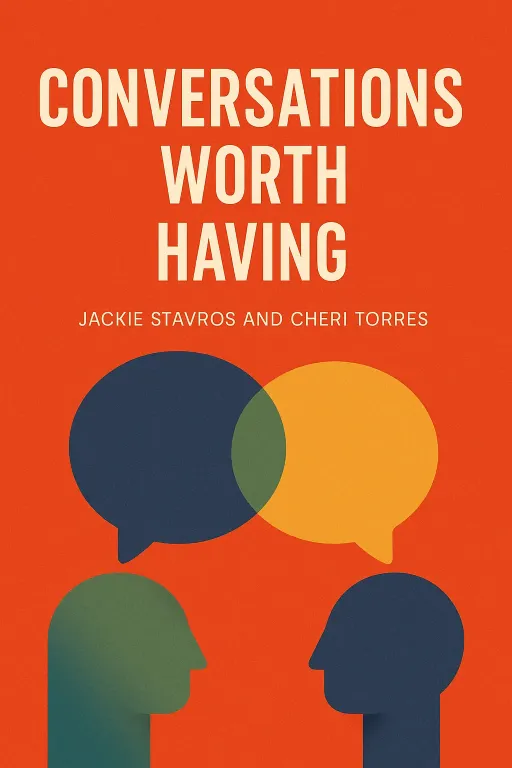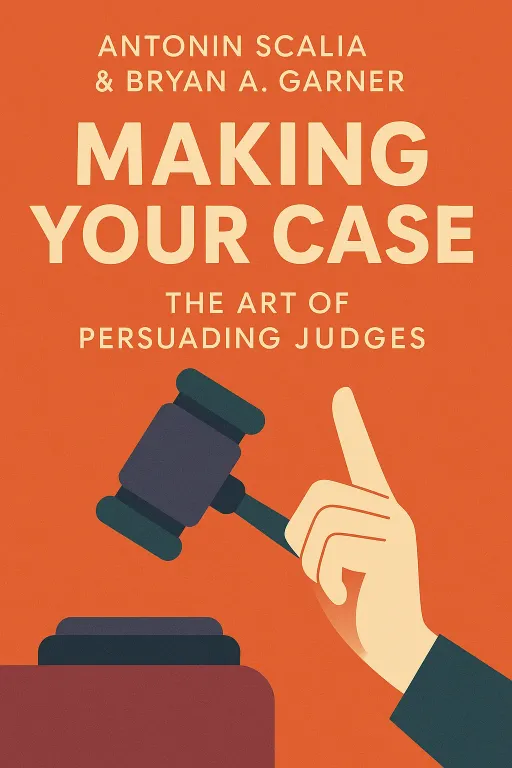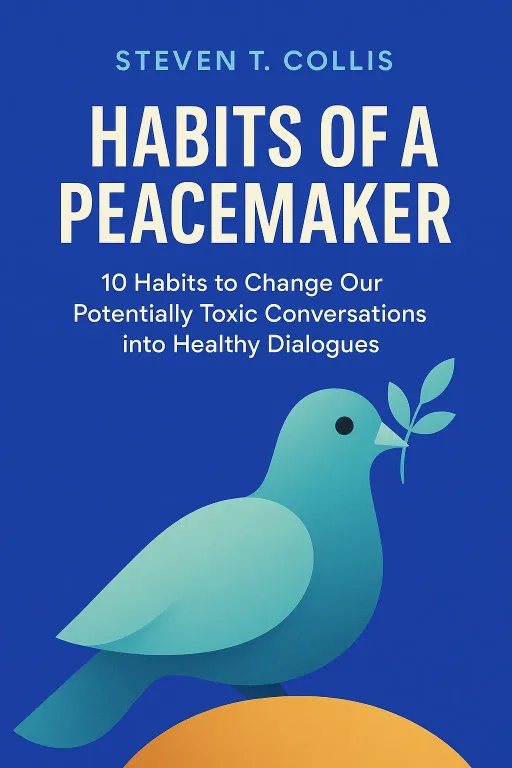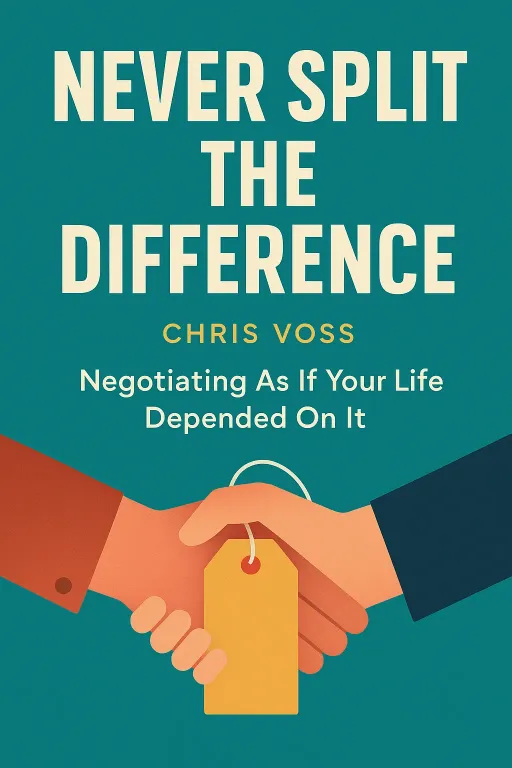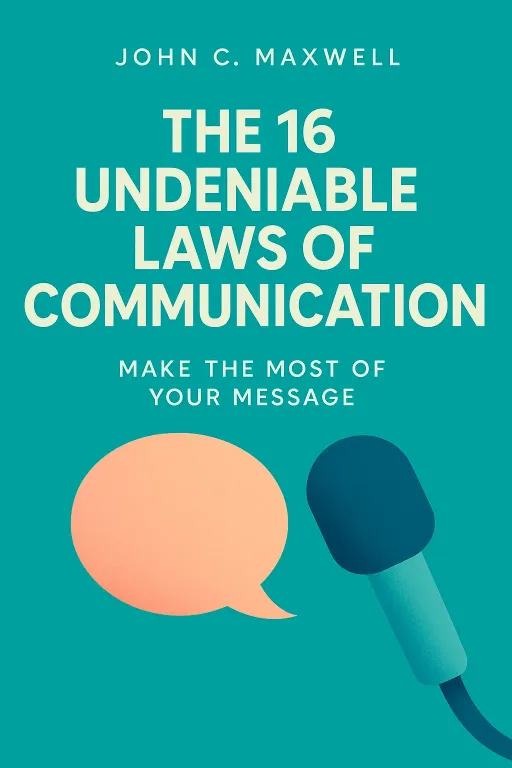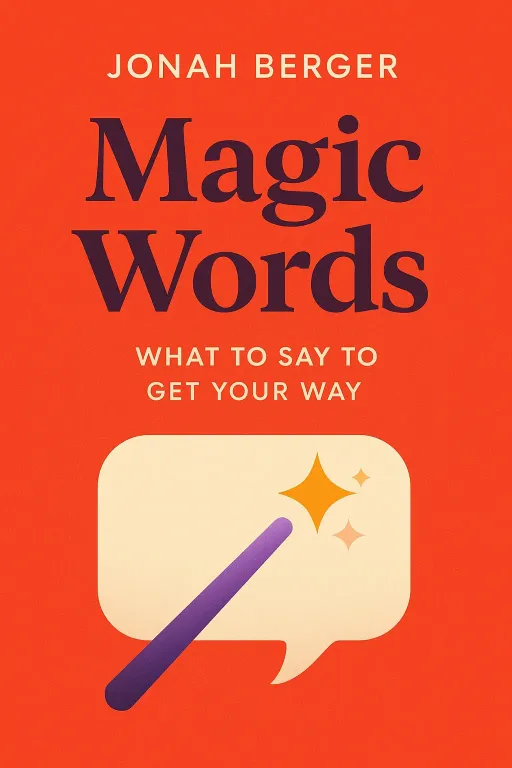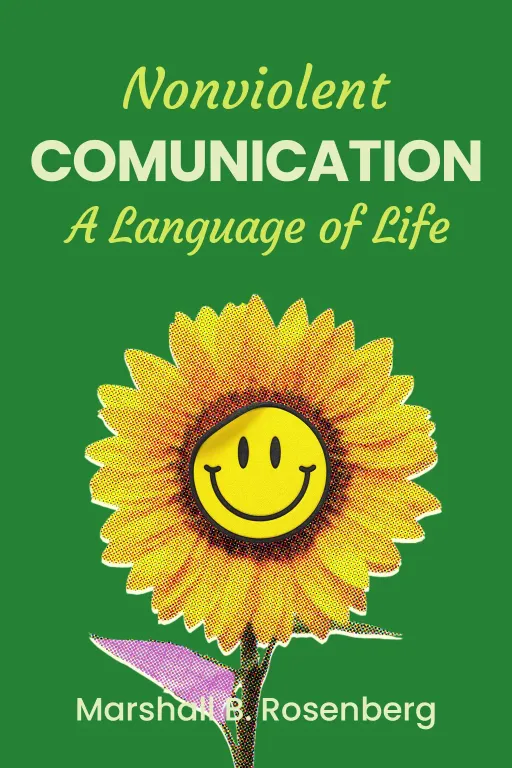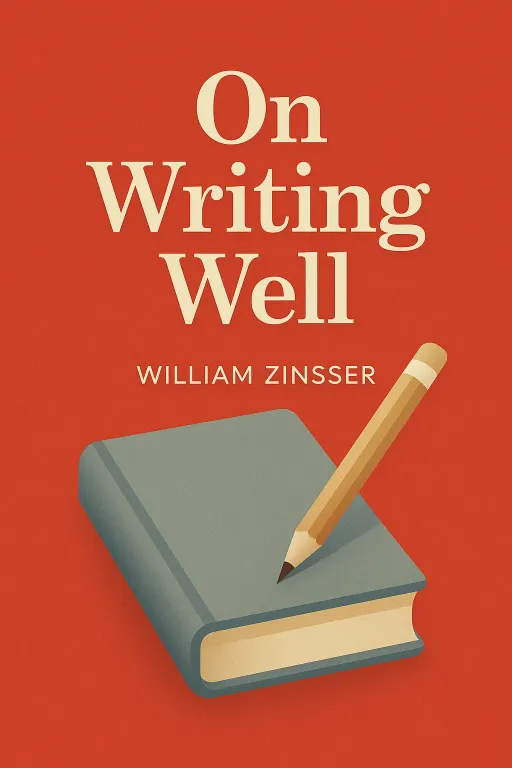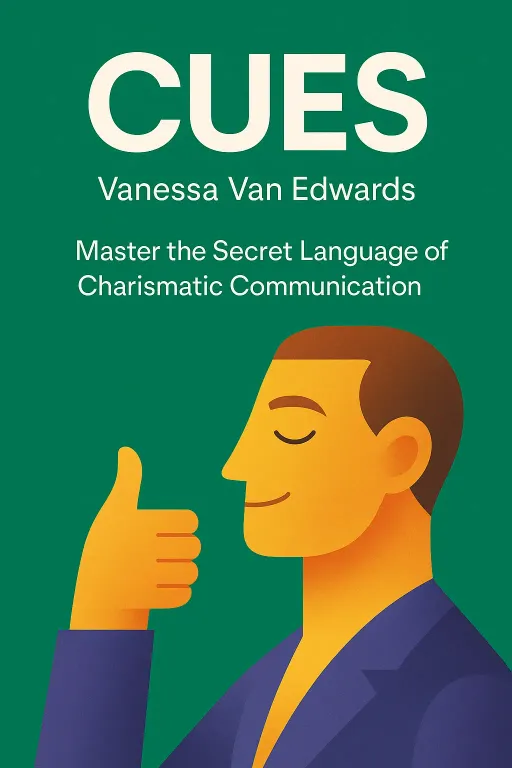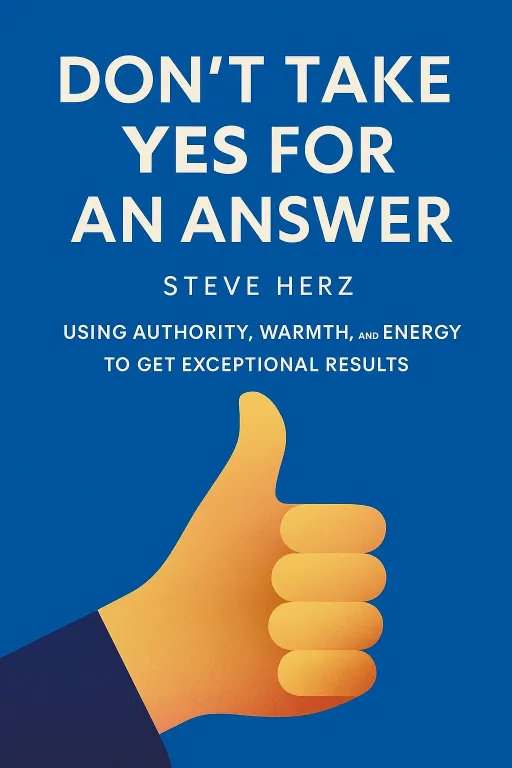
Why 'Yes' Is Holding You Back
12 minGolden Hook & Introduction
SECTION
Michelle: A study by the Carnegie Foundation found that 85% of your financial success comes down to your personality and your ability to communicate, negotiate, and lead. Only 15% is from technical knowledge. Mark: Hold on, eighty-five percent? That can't be right. We spend years in school, getting degrees, getting certifications… all for that tiny 15% slice of the pie? Michelle: That's the uncomfortable truth, isn't it? We spend all our time sharpening the wrong tools. And that is the central question behind the book we’re diving into today: Don't Take Yes for an Answer by Steve Herz. Mark: Steve Herz… isn't he the agent behind some of the biggest names in sports and news media? Like, a real-life Jerry Maguire, but for broadcasters? Michelle: Exactly. He's a top talent agent and career coach, and he argues that what separates the good from the truly exceptional isn't just raw talent—it's mastering a few key communication traits. His book was even nominated for the Next Big Idea Book Club, which is curated by thinkers like Malcolm Gladwell and Adam Grant, so you know the ideas have some serious weight. Mark: Okay, so a guy who spots and builds talent for a living is telling us we're all focused on the wrong thing. I'm listening. Where do we start? Michelle: We start by challenging the one thing we all crave: a simple "yes." Herz argues that the first step to getting better is realizing that the feedback we think is good, is often the most dangerous.
The 'Yes' Delusion: Why Your Biggest Obstacle is Positive Feedback
SECTION
Mark: That feels completely backward. Isn't getting a 'yes'—getting the job, the promotion, the approval—the entire goal? Michelle: It feels that way, but Herz calls this the "counterfeit yes." It's the polite nod, the vague praise, the lack of any negative feedback that we misinterpret as success. He tells this incredible story about a guy named Gus. Mark: I feel like I know a Gus already. Michelle: We all do. Gus is smart, hardworking, has a great resume, and has been friends with his buddy Emilio since their MBA program. They started at the same level. Twenty-five years later, they meet at their old favorite bar. Emilio has just been made Senior Vice President of Global Operations. He’s flying on private jets to the Masters. Mark: And Gus? Michelle: Gus is stuck. He's bounced between companies, chasing promotions that never quite materialize. And as they're talking, the reason becomes painfully obvious, but only to us, the reader. Emilio is telling this great story, and Gus just keeps interrupting. "Oh, that reminds me of the time I..." or "Yeah, my project is similar, we're..." He's not really listening; he's just waiting for his turn to talk, to prove he's also important. Mark: Oh, that is painful to even hear. I think I know a 'Gus.' I might be a 'Gus' on a bad day! It's the classic 'spinach in your teeth' problem, isn't it? Everyone can see it but you. Michelle: That's the exact metaphor Herz uses! Gus has giant, leafy greens of conversational narcissism stuck in his teeth, and it's sabotaging his entire career. And this brings up the million-dollar question that Gus himself asks later: "Why didn't anyone tell me?" Mark: Yeah, why not? Why let the guy flounder for years? Michelle: Because our entire culture is designed to avoid that discomfort. Herz points to a few things. First, the "trophy culture" where everyone gets a prize, so we become allergic to actual criticism. Second, grade inflation in schools that tells us we're all A-students. And most importantly, in the corporate world, there's the fear of litigation. Mark: You mean it's easier to fire someone than to tell them they're a bad listener? Michelle: It's easier to not even fire them! It's easier to just sideline them, to give them vague, positive reviews, and hope they leave on their own. He tells another story about an executive named Ina. She was brilliant, a technical wizard, but her communication was flat. She had no conviction. Her bosses hired Herz to coach her, but they never told her, "Ina, your job is on the line. You need to fix this." Mark: What happened? Michelle: She resented the coaching, made no effort, and within a year, she was "coached out"—HR-speak for managed out the door. She was fired and likely took the exact same flaw to her next job, completely unaware of the real reason she failed. Mark: That is infuriatingly inefficient. The company loses a technically skilled person, and she never gets the one piece of feedback that could change her life. Michelle: Exactly. And that's the world Herz says we live in. A world that conspires to keep us from the truth. So if we can't trust the "yes" we get from others, we have to develop our own internal compass for what's working and what isn't.
The Unstoppable Combination of Authority and Warmth
SECTION
Mark: Okay, so if we can't trust the feedback loop, how do we even begin to diagnose our own 'spinach'? What's the fix? Michelle: That's where Herz's AWE framework comes in. A-W-E. It stands for Authority, Warmth, and Energy. Let's start with the first two, because they form this incredible, powerful duo: Authority and Warmth. Mark: Authority. That word makes me think of a drill sergeant or a stuffy CEO. Someone barking orders. Michelle: And that's the common mistake. Herz defines Authority not as being bossy or authoritarian, but as projecting confidence, conviction, and expertise. It's the sense that you know what you're talking about and you believe in it. He tells this fantastic story about a woman named Maria Phillipopolous. Mark: What did she do? Michelle: She was a shoe-repair expert in a tiny, unassuming shop in Manhattan. But she had clients like celebrities and business titans. The author once tried to save a few bucks and took his shoes to a cheaper place nearby. They came back wrong, and his feet hurt. He limped back to Maria's shop. Mark: I can picture the shame. Michelle: It's worse. She didn't just fix them. She got angry. She held up the shoes and, with total conviction, pointed out every single flaw in the shoddy work. She basically confiscated his shoes, telling him she would fix them the right way. She had such profound belief in her craft that her authority was absolute. You didn't question it. You just trusted her. Mark: Wow. So authority isn't about a title. It's about a deep, unshakable belief in your own value and expertise. But I can see how someone with that much authority could come off as a complete jerk. Michelle: You are absolutely right. And that's why it needs its partner: Warmth. Authority gets people to listen; Warmth gets them to trust you. It's the seed of all connection. Herz defines it as making people feel seen and understood. Mark: That sounds a lot harder to pin down than fixing a shoe. Michelle: It is, but he has a perfect example: Tom Coughlin, the former head coach of the New York Giants. When he started, he was pure, uncut Authority. He was a rigid disciplinarian. He had rules for everything, down to how players should sit in meetings. He even fined players for being two minutes early instead of five. Mark: That sounds miserable. I'm guessing the players loved that. Michelle: They hated it. The team was talented, but they were miserable and underperforming. The fans were chanting "Fire Coughlin!" The team owners and even his own family sat him down and told him he had to change. He had to connect with his players as human beings. Mark: And did he? It's hard to imagine a guy like that changing his stripes. Michelle: He did. He started showing vulnerability. He created a leadership council to give players a voice. He started asking about their families. He learned to listen. He blended his high standards—his Authority—with genuine human connection—his Warmth. Mark: What was the result? Michelle: They won two Super Bowls. His transformation became legendary. He proved that you can be demanding and caring at the same time. Mark: That’s a great way to put it. So Authority is the 'what'—the expertise, the standard. And Warmth is the 'how'—the delivery that makes people want to meet that standard. It’s the head and the heart working together. Michelle: Precisely. You need both. But there's one more element that turns this from a good recipe into a Michelin-star dish. That's the 'E' in AWE: Energy.
Energy, The Contagious Amplifier
SECTION
Mark: Energy? Okay, my first thought is just... caffeine. Being super hyper and bouncing off the walls. Is that what he means? Michelle: Not at all. He defines Energy as a dynamic quality, a usable power. It’s the passion, the enthusiasm, the emotional commitment to your message that makes it contagious. It’s what makes people not just hear you, but feel you. Mark: So it's the difference between a lecture and a sermon. Michelle: Perfect analogy. And he has the ultimate story for this. When he was in law school, he had to take Constitutional Law, which was notoriously the most boring, tedious class on the schedule. But a new professor was teaching it, a man named Barry Friedman. Mark: Let me guess, Professor Friedman was not boring. Michelle: On the first day, he walked in, didn't go to the podium, but instead paced the room and declared, "People, the United States of America is the greatest country on earth." The students were stunned. He then launched into a passionate, electrifying explanation of the Fourth Amendment, ending with, "The ONLY thing that separates you and me from prison... is the Fourth Amendment!" He'd sit on desks, vary his voice from a whisper to a roar. He made constitutional law feel like the most important, most exciting subject in the world. Mark: Wow. I would have signed up for every class he taught. That's incredible. Michelle: The author did! Professor Friedman used pure, unadulterated Energy to transform a dry subject into an unforgettable experience. He wasn't just transferring information; he was transferring a feeling. Mark: So Energy is what makes your message not just heard, but remembered. It's the emotional imprint you leave on people. Michelle: Exactly. And Herz connects this to a really profound idea he learned from a client. True energy doesn't come from trying to be impressive. It comes from a sense of service. When you stop worrying about "How do I look?" and start focusing on "How can I serve this audience? How can I give them something valuable?"—that's when your nerves disappear and authentic energy emerges. Mark: That's a huge shift in perspective. It takes the ego out of it. It's not about your performance; it's about your contribution. Michelle: And that's the final piece of the puzzle. Authority gives you the right to speak, Warmth gives you the connection to be heard, and Energy gives you the power to make an impact. That's AWE.
Synthesis & Takeaways
SECTION
Mark: So it all comes back to the beginning, doesn't it? To get better, you have to stop taking 'yes' for an answer. You have to be brave enough to look for the 'spinach in your teeth.' And this AWE framework—Authority, Warmth, and Energy—is the toolkit to not only find it but to build something powerful in its place. Michelle: It's a complete communication philosophy. It's not about tricks or manipulation. It's about fundamentally changing how you show up in the world. Herz's point is that growth isn't comfortable. It's about a relentless pursuit of excellence, like Roger Bannister breaking the four-minute mile. Once he proved it was possible, everyone started doing it. We have to be willing to break our own internal barriers. Mark: It’s a powerful idea. It makes you think about who in your own life will give you the unvarnished truth. Michelle: It does. So the question for all of us listening is: Who is your 'social assassin'? Who in your life will tell you the truth, even when it hurts? Because finding that person, and having the courage to listen, might be the most important career move you ever make. Mark: That's a powerful question to end on. We'd love to hear your thoughts on this. Find us on our socials and share a time when a hard truth actually helped you grow. Let's build a community that values real feedback over the counterfeit yes. Michelle: This is Aibrary, signing off.
